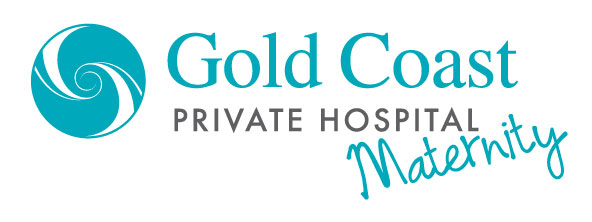Most people know that depression and anxiety can affect new mothers but it is important to remember that fathers and partners are also at risk. Beyond Blue reports that five per cent of fathers develop depression in the year after the baby’s birth, and anxiety is just as common (2020).
The challenges
Unlike mothers, fathers, partners or other carers do not experience the physical changes of pregnancy and giving birth, so they may not begin to adjust to parenthood until the baby is actually born. The reality of becoming a new parent can be extremely overwhelming and may bring with it some unexpected challenges.
It’s one thing to mentally prepare yourself for a restless baby but once the baby arrives, reality kicks in, likely in tandem with sleep deprivation and constant worry. An unsettled baby and sleepless nights can wear out the whole family and can seriously test the parent’s patience.
The responsibilities
While learning to care for a new baby, a father, partner or other carer has the added responsibility of dealing with the mother’s emotional wellbeing and supporting her during one of the most important, emotional and physically taxing milestones of her life. If the mother is experiencing symptoms of postpartum depression or other mental health issues, this will likely contribute to the father or partners stress.
It’s natural to feel some pressure but some fathers, partners or other carers can experience difficulty in adjusting to their new role and the new family dynamics generally which can lead to frustration and confusion surrounding their place in the family. Feeling the need to fill the role as the protector and provider, while also experiencing a range of unfamiliar paternal emotions, can be daunting and can potentially result in feelings of insecurity, stress, irritability and sadness, among others.
Who’s at risk?
Some people are more at risk than others including those who have experienced anxiety or depression before, have less practical, emotional or social support, feel the burden of financial stress, experience a difficult birth, have current or past experiences with drugs and/or alcohol, have a sick baby, have major life and relationship difficulties past and present, and those who find the reality of parenting is different from their expectations.
What to do
It’s extremely important to stay aware of the signs of depression and anxiety and if the pressure becomes too much, it’s important to remember you are not alone and that it’s okay to ask for some help.
Keep the lines of communication open with your partner or loved one; it’s important to nurture your relationship as you are in this together. Talk to your friends or workmates who have recently become parents and share your stories, as no doubt they have experienced similar frustrations.
Take some time out to do the things you enjoy and if you are still experiencing difficulties talk to your GP or contact an organisation such as Beyond Blue 1300 224 636 www.beyondblue.org.auor Mensline Australia 1300 789 978 or Perinatal Anxiety and Depression Australia (PANDA) 1300 726 306. Beyond Blue also have a great resource booklet: “Emotional health and wellbeing: A guide for new Dads, Partners and other Carers”.

